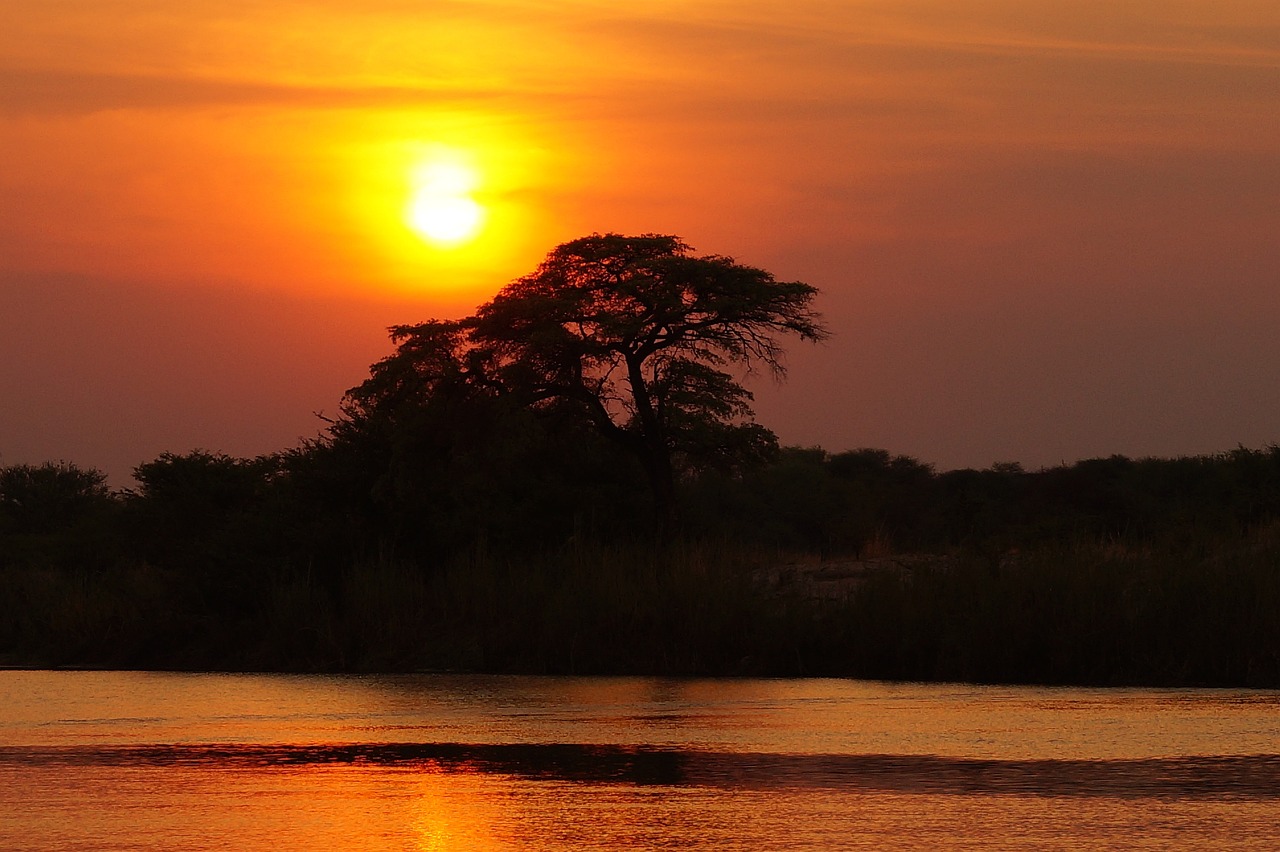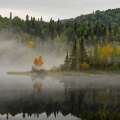Botswana, Africa, has a unique tourism strategy: Keeping prices high and access to natural resources limited. By maintaining a low flow of tourists, this African country has cleverly maintained the wilderness and beauty of her natural resources. Tourist-oriented businesses offer a different experience than in other nearby nations; service is exclusive, lodging is luxurious and the wildlife is abundant.
Eco-tourism is a key part of Botswana’s tourism. Chobe National Park, Moremi National Park and the Kalahari Game Reserve are some of the most unspoiled areas in Africa. The government has contributed to the preservation of this beautiful country by setting aside almost twenty percent of the country as wildlife parks, meaning animal life has enough space to flourish. A Botswana safari into one of these parks will encounter the quintessential African wildlife. Lions, elephants and crocodiles are easily spotted in any of the country’s major reserves.
Chobe National Park is home to more elephants than any other park on the continent. The second largest park in the country, Chobe also boasts lions, leopards, buffalo and antelope. As well as its abundance of wildlife, the park is only a few miles from Victoria Falls, one of the most beautiful waterfalls in the world. Conveniently, Botswana safari packages often include a trip from Chobe to the Falls. Moremi National Park, another diverse destination, is also located nearby.
The Okavango Delta is also a must seem and flows down from Angola into Botswana’s Kalahari Desert, where it creates a great big oasis in the desert. With the rising land to the east of the delta, this extraordinary area is Africa’s finest safari destinations perfect if you love to see wildlife. Okavango Delta holidays are very popular with tourists from all over the world.
In the western portion of Botswana, the ancient Kalahari Desert’s ecology is preserved in Kgalagadi Transfrontier Park, formerly known as the Gemsbok National Park. This unique area is home to breathtaking sights and flora that can’t be found elsewhere. Black-maned lions, gemsbok, aardvarks and meerkats have all adapted to the harsh desert lifestyle, as have flamingos, pelicans and raptors, creating a diverse and rich natural landscape. Conservation efforts by local authority have allowed the traditional Bushmen tribes to stay in their ancestral homeland. Park visitors can stay at a luxurious lodge ran by the Bushmen on the edge of a waterhole and featuring guided tours and drives through the desert.
In eastern Botswana, the Northern Tuli Game Reserve’s landscape differs from the rest of the country due to the conflux of two rivers. The fertile land has served a basis for nomadic tribes, farmers and the Boers. Paintings from thousands of years ago can be seen in the caves of the reserve. No matter where you go in Botswana, you’re guaranteed to experience unique sights and have the solitude to enjoy them.




